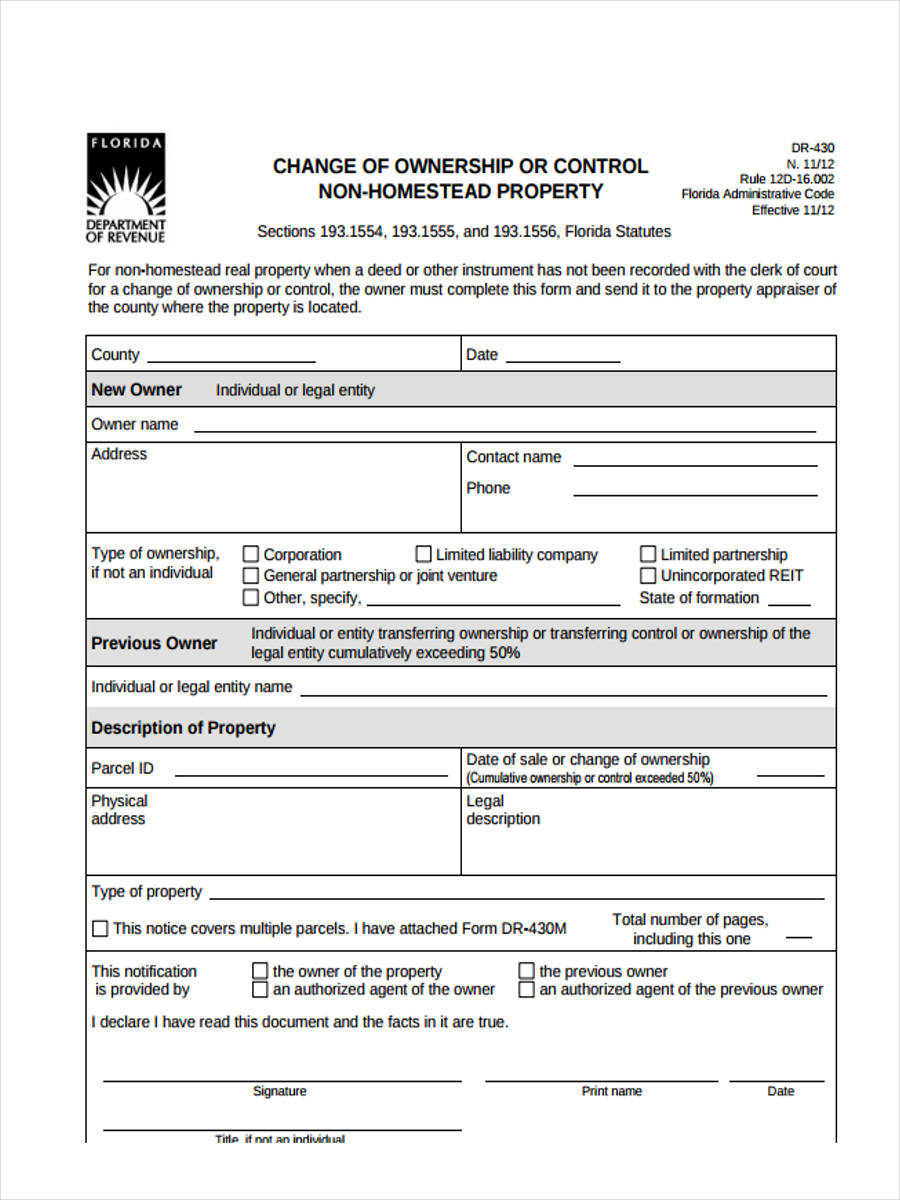

The conveyance tax on that deal would be $43,000.

Now let's say it is a multifamily property being sold for $5 million in the same city. So, in this case, a conveyance tax of $1,032 would have to be paid when the deed is filed. Since the tax is per thousand, you would divide the purchase price by $1,000 If a property is sold in Detroit, a tax of $1.10 per $1,000 would also have to be paid to Wayne County in addition to the state tax. For instance, Michigan charges a transfer tax of $7.50 per $1,000. However, most states base their conveyance fee on the sales price of the property. That's quite significant considering the State of Illinois only charges $0.50 for each $500.Ĭalculating the tax rate for property sold in Arizona is quite simple, because the state simply charges a flat $2. However, some cities charge a municipal conveyance tax as well.įor instance, the City of Chicago charges a local conveyance tax of $5.25 per $500 of the sales price. In most cases, you'll only be looking at a county and state or even just a state conveyance tax. How the conveyance tax is calculated also depends on the city, county, and state where the property is located.
Conveyance in real estate how to#
How to calculate conveyance tax on a real estate transaction Conveyance tax liability could be a significant amount of money in some states, so it's best not to wait to negotiate who's paying at the closing table or town clerk's office. Whether the conveyance tax gets paid by the buyer or seller, it's important to negotiate this piece of the deal before signing the purchase agreement. In other cases, the conveyance tax will have to be paid to the town clerk when the deed is filed. If the real estate sale is handled by a title company, the transfer tax will usually be paid out of the sale proceeds at closing. Even in states that don't have a rule as to who pays the transfer fee, it's usually customary for it to come out of the seller's proceeds. Some states have rules regarding who's responsible for the tax, but most states don't care who pays it as long as it's paid. There is often a question as to which party is responsible for paying the conveyance tax, the buyer or the seller. This means a real estate conveyance tax may have to be paid whether the property is vacant land, a residential property, or commercial real estate. The term used may vary depending on the state.Ī conveyance tax may be imposed on any type of real property, depending on the state.

The conveyance tax is also often referred to as a real estate transfer tax or documentary transfer tax. However, some states don't charge a conveyance tax at all. The amount of conveyance tax paid is typically based on the sale price of the property, and the tax rate varies between different states and counties.ĭepending on the area, the conveyance tax may be a flat fee, a percentage of the sale price, or a set rate per $100, $500, or $1,000 of the sale price. A conveyance tax is a tax paid on the real estate transfer process (also called " conveyancing") and levied by the state, county, or local municipality.


 0 kommentar(er)
0 kommentar(er)
